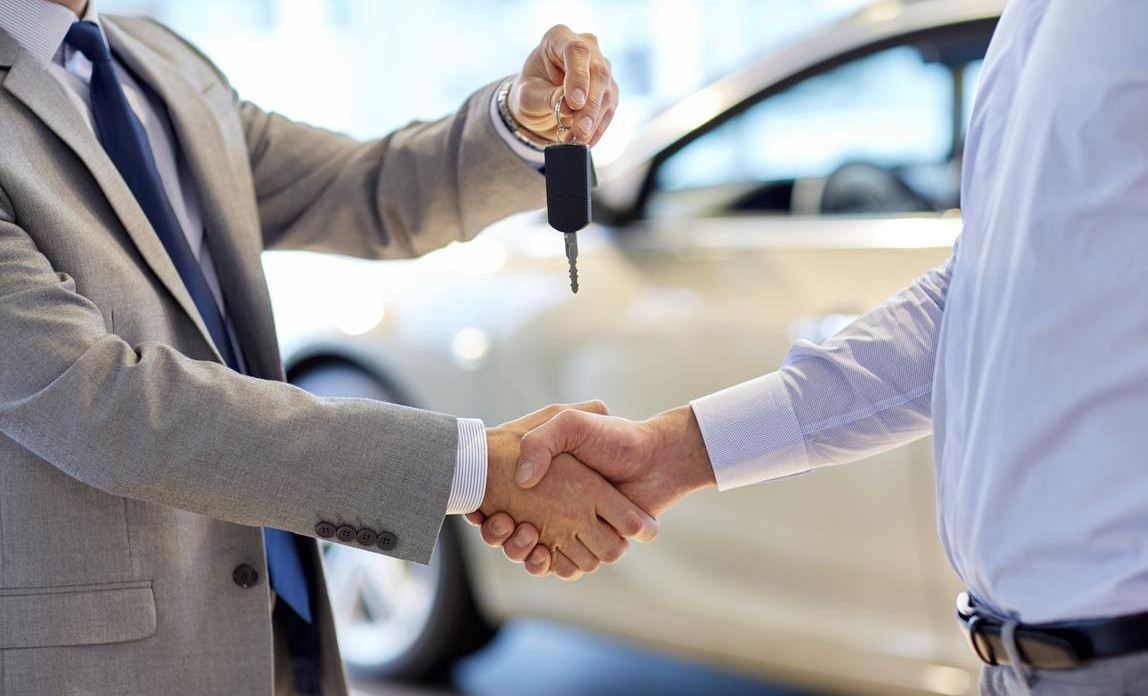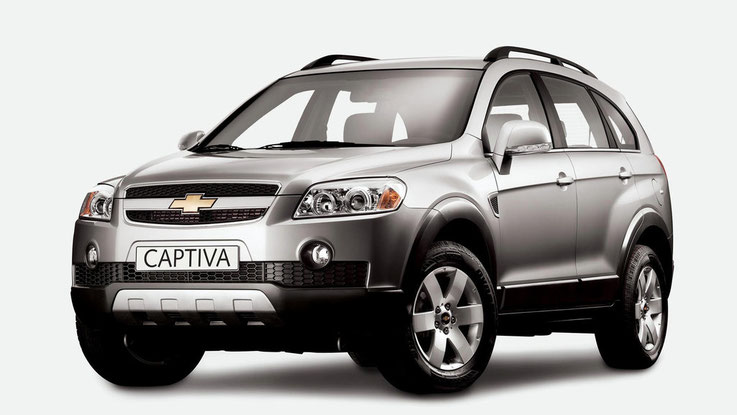In 2021, the inventory of vehicles fell to an incredibly low level, and that shortage has lingered into 2022. This has primarily been an issue in the production of new cars, but the prices of used cars have also shown the impact.
That doesn’t mean that consumers aren’t still buying vehicles. Used car dealerships are making a substantial amount of money; it’s an incredibly lucrative business to get into.
According to NADA (The National Automobile Dealers Association), the average profit on a used car is around $2,337. So how would you get started?
Here’s what you need to know about acquiring your own used car dealership.
Table of Contents
1. Create a Business Plan
Every successful car dealership starts with a plan. Conduct the necessary market research by learning all you can about the customers you’re apt to serve.
Investigate the local competition. Research which types of cars sell the best in your market.
Next, start considering how you would plan to make a profit when you speak with potential investors. This includes everything from employees and inventory to the systems you’ll depend on, such as fleet management software for your service department.
2. Decide on a Location
In creating your business plan, you’ll have a generalized idea of the town or city in which you’ll set up your business. In particular, you’ll need to establish a physical storefront that’s in keeping with your industry.
You’ll want to look at high-traffic locales that are also readily accessible. Often, many car dealerships will be situated in the same neighborhood, which makes the car shopping experience easier for the customer.
3. Register Your Business
For any firm that seeks to conduct business legally, the owner will have to register it with the state. Each state has its own requirements, so it’s crucial to research the conditions in your region.
In most cases, the four essentials you’ll need are:
- A business license
- A dealer’s license
- Registration with the DMV in the state you’re conducting business
- Insurance
4. Learn About Laws and Regulations
Running a used car dealership is different from managing other types of business. People will be operating cars and taking them out for test drives.
There’s the legal aspects of handling titles, obeying the Lemon Law, and being compliant with the Federal Trade Commission. According to the used car rule, every dealer is required to provide a buyer’s guide for every vehicle on the lot.
Customers must have the opportunity to inspect vehicles before purchasing. You should know what’s legally required of you before you start investing in this business.
5. Start Building Your Used Car Inventory
Used car dealerships operate differently from making a vehicle purchase at a traditional dealership. When larger dealerships build their inventory, they usually agree to serve as a franchise with a larger manufacturer, such as Subaru or Ford.
They’ll have a surplus of new cars while steadily acquiring used cars that people have traded in for a recent model. In the case of a strictly used car dealership, however, you’ll have to find ways to source the inventory yourself.
Many people will go to car auctions or purchase used cars from private owners. Unless you have substantial financial backing, you’ll have to start with a much smaller inventory and foster your business over time.
6. Create Your Service Department
Most dealerships have to have a service department. Those employees will be responsible for ensuring that the cars being sold are safe and meet the legal standards for a motor vehicle.
Plus, when someone wants to sell you a car, you want to be able to make sure you have a team that can perform a quality inspection that gets you the best deal.
7. Market Your Business
The way people are buying cars today is a lot different from what it used to be. Customers perform a lot of research online before they decide to look at a car in person.
Aside from local traffic, people aren’t going to know about your business unless you market it. Your digital presence will be an essential function for gaining clientele.
A few things you might do to jumpstart your marketing efforts would include:
- Claiming your local Google Business listing
- Starting social media pages
- Creating an SEO-friendly website that includes your current inventory
Conclusion
Starting a used car dealership is one of the more difficult commercial endeavors. You have to be willing to put in a lot of time, money, and energy to make it work.
But once you do, you could find yourself making a lot of money. Start by doing the appropriate research and design a plan to ascertain whether it’s an investment worth making in your area.







More Stories
Seat Car Interior Mats – Customizable Car Mats for All Seat Models
Unleash Your Driving Passion: Everything You Need to Know About Sports Car Hire
Enhancing Your Dually Pickup: The Ultimate Guide to DDC Wheels